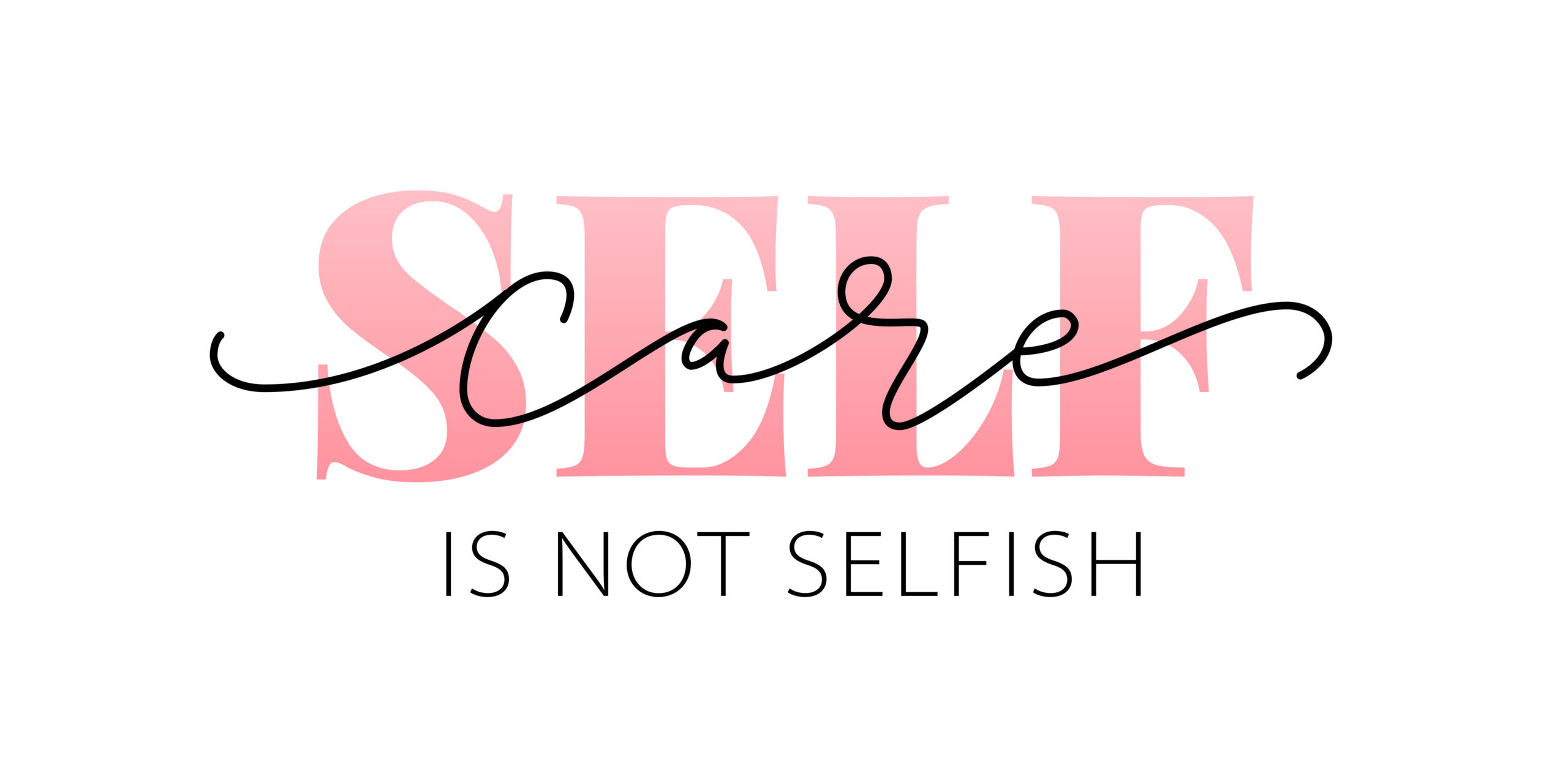
21 Nov How To Engage In Self Care?
How To Engage In Self Care?
Self-care is a term that we are hearing more and more of late. The world today can sometimes feel out of control and many individuals are struggling with feeling stressed, disconnected, and anxious about their future. In this bustling life, it’s easy to forget to take care of oneself. However, practicing self-care can prove to be beneficial in these challenging times.
What is self care?
Self-care is the ability of an individual, family, or community to promote well-being and health, prevent diseases, and cope with illnesses and disabilities either with or without the support of a healthcare professional. It involves taking care of your mental, physical and emotional health.
Why does self care matter?
The pandemic has been hard on all, leaving us isolated from our loved ones with a lot of uncertainty about when things will get back to normal. Effective self-care is crucial to reduce stress and reconnect with yourself to find your strength. It is important to make sure that you are taking good care of your body and mind every day, not just when you fall sick. Practicing self-care can aid you to improve your emotional and physical health and can help you stay happy, healthy, and resilient.
Why do we often struggle to engage in self care?
Let’s talk about one of the most common misconceptions around self-care right from the get-go: self-care is not synonymous with being selfish or self-indulgent. You should not feel guilty about taking some time off to take care of yourself. Making your health a priority is not selfish – in fact, you would be better equipped to help others when you are healthy.
Practicing self-care isn’t always simple or effortless. In this fast-paced world, it’s hard to make time for ourselves – in fact, it is usually the last thing we would consider with our stressful lives. What’s worse is that in a world full of productivity, we often feel guilty about taking time off to take care of ourselves.
How to engage in self care?
Self-care can be different for each individual and even for that same individual, it can be different on the daily basis. What is important is to find a balance of activities that work best for you. Here are some ways that can help you get started with your self-care:
- Make sure to add sleep to your self care routine: Sleep can have a major impact on how you feel both physically and emotionally. Not getting adequate sleep can even result in major health problems. Getting enough sleep and keeping a consistent sleeping schedule is crucial. However, this is easier said than done – distractions and stress can disturb our sleep. What you can do is make sure to stay away from caffeine and sugar before going to bed, dim the lights, keep your bedroom free of distractions like your cellphone and laptop to make sure to get some good REM sleep.
- Take care of your gut to take care of yourself: Our gut health can have a compelling effect on our well-being, health, and vitality. The food that we eat can impact the bacteria lining in our stomach that resulting in a cascade of negative or positive outcomes. Eating the right types of food has been linked to preventing inflammation and short-term memory loss, both of which have a long-term effect on the brain and subsequently on the entire body.
- Add exercise to your daily self care routine: Both your physical and mental health can benefit from daily exercise. It can help in reducing anxiety and stress, boost your mood, and help make you feel better. It could be difficult for most people to take out time to go to the gym every day. Other forms of exercise like yoga, walking, playing any sport you like might fit into your daily schedule more easily. What works best is to create a routine that works for you.
- Seek help: You can join various self-care programs that teach you about the various self-care strategies. You could also work with a therapist who can help you better align your routine that supports your progress.
- Learn to say no to others and yes to your self-care: Learning when to say ‘no’ is something that most of us have trouble with. Most of us feel obligated to say yes when asked for our services, energy, or time. However, it’s important to know when to say no. It could take some practice to do so, but once you learn how to say no politely and assertively, you will feel more reliant and self-confident. This will also ensure that you have the necessary time you need to recharge and for your self-care.
- Do something that you find enjoyable or exciting: We often find it hard to have fun without thinking of the pending work. You can engage in cooking, going for a hike, gardening, singing, treating yourself, watching a movie – anything that helps you feel better and more prepared.
Self-care is highly individual and personal. You get to decide what self-care means to you to boost your well-being and overall health.

No Comments